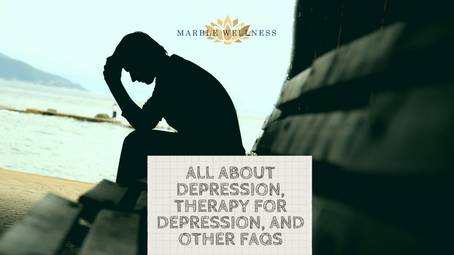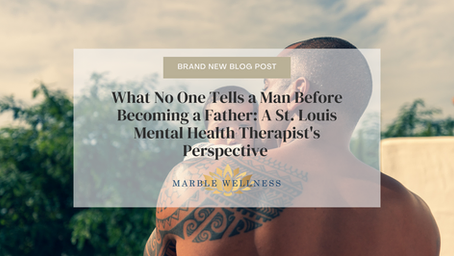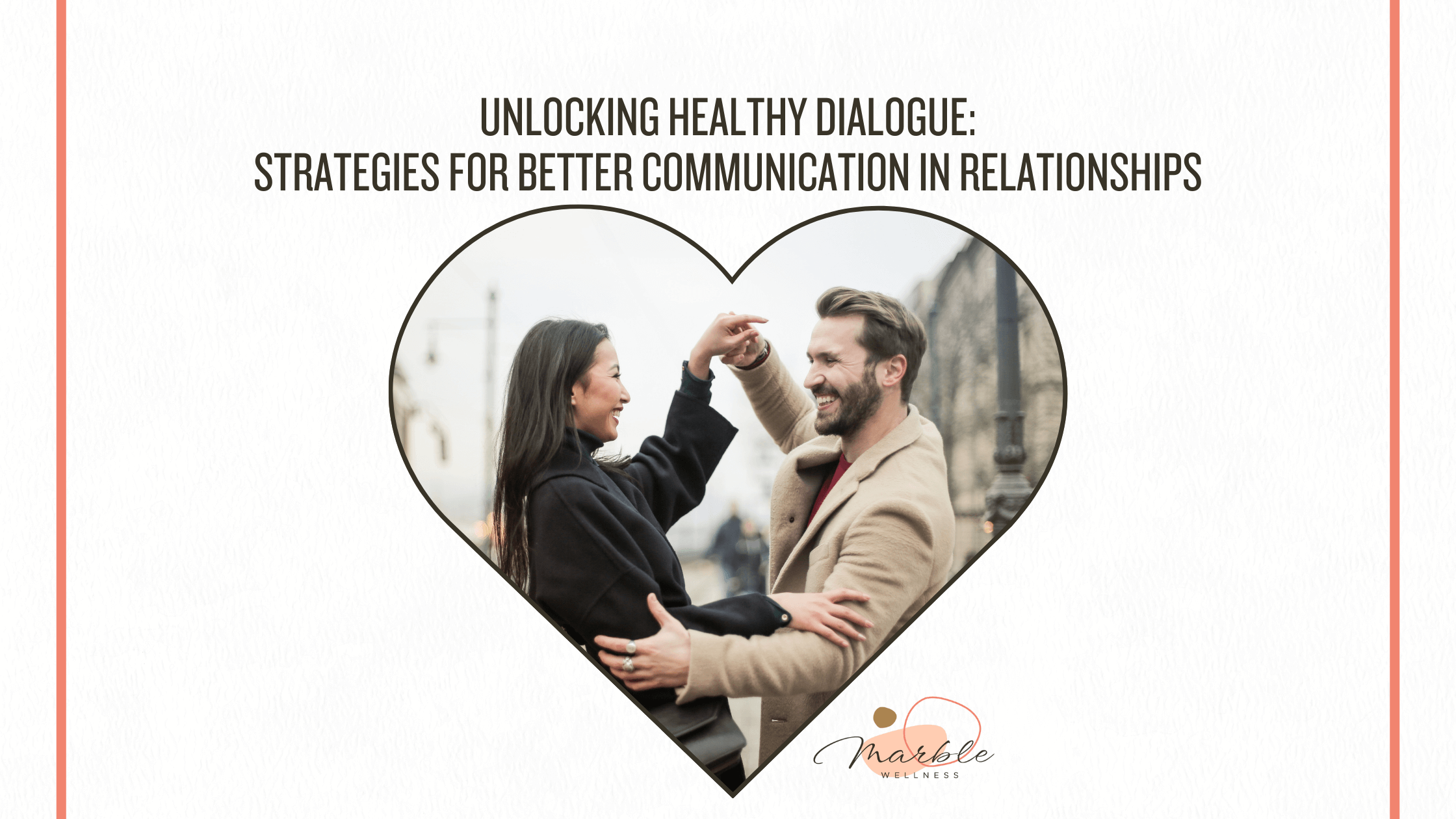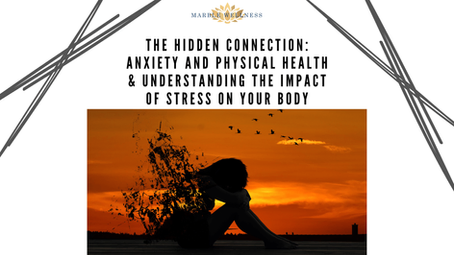Depression is a nasty little bugger. And it’s not always quite so little. In fact, depression can be rather large. And heavy. And long-lasting.
Other times, it’s subtle. Covert. Sneaky.

Regardless of the severity of it, it’s really important to understand how real it is. And how invasive it can be in your life. This is important because it may encourage you to reach out for help sooner, or cut yourself some slack, or put into place some behaviors that can help curtail some of the negative effects of depression symptoms.
Conversely, it may help you recognize that someone else in your life is depressed, and give you some insight on how to talk to them about it. In fact, we have a whole blog post on 8 Signs Your Friend is Depressed (it’s actually quite viral if that says anything about the information people are looking for about depression and how it shows up in day-to-day life) as well as a blog on 10 Ways to Support a Friend While They’re Depressed.
Here is What the WHO Says About Depression
The WHO estimates that, globally, 5% of adults suffer from depression. Now, as a percentage and depending on how you orient yourself to numbers, 5% may seem small. Not that bad. But if you stop and think about it, that means 5 in every 100 people know from first-hand experience what depression feels like. That’s a lot of people! And to put it in hard numbers globally: that’s 280 million people who have depression. Two hundred and eighty…..million.
The WHO also cites that over 700,000 people die annually of suicide, and suicide is the fourth-leading cause of death amongst people ages 15-29…..
Depression can occur for a host of reasons:
- Life transition
- Dealing with a new diagnosis or having chronic pain/illness
- Underlying genetic influences can predispose you (eg, make you more likely to experience depression) to depression so that when something that is challenging or hard comes up, you may experience symptoms
- An unexpected negative life change (divorce; a breakup; job loss; death)*it is important to note that depression is different than grief, but lingering grief can turn into depression OR depression can co-occur with grief
- Loneliness
- Lack of stimulation appropriate for your level of intelligence
- Adverse events in childhood
- Cumulative stress
- Learned helplessness and/or hopelessness
- (This list is not exhaustive)
When depression hits, it can range from mild to severe depression. It often gets classified as a mood disorder when the feeling of depression last for two weeks or more. If it is lasting two years or more, it is typically known as “persistent depressive disorder” (formerly known as “dysthymia”.
For women, it can be important to pay attention to when the depression appears, in particular because it may be related to where you are in your cycle. There is something called “PMDD” which stands for “premenstrual dysphoric disorder. This is basically extreme PMS and it is definitely worth talking to your doctor about so you can strategize a plan. It is also good to note that there are therapists out there who help you treat this and decrease symptoms.
Symptoms of depression typically include the presence of a few of the following:
- You’ve experienced a change in sleep or appetite (more or less of either—including weight gain or loss) that has lasted more than 2 weeks
- Maybe you don’t like doing the things you usually do in your free/leisure time
- You feel unfulfilled but aren’t sure how to change it
- You feel like you’re running out of internal resources to manage life the way it is
- You sometimes think “if one more bad thing happens, I’m going to fall apart”
- Hearing “is everything okay?” or “what’s wrong?” a little too often and/or from someone who maybe doesn’t see you much
- Your internal or external commentary is mostly negative
- A lot of things annoy you….all the time.
- You’re feeling more sensitive than usual. Or emotional. Or tearful.
- Your partner or a good friend or close family member is actually having a tough time being around you right now.
- Helplessness
- Hopelessness
Depression, Self-Harm, and Suicide/Suicidal Ideation
Risk of Self-Harm with Depression
Sometimes, the depression gets so heavy that you begin to engage in behaviors that bring physical harm to you and your body. People most often know about this through the behavior called “cutting” which is when people take usually a razor blade and apply enough pressure to yield small cuts somewhere on their body. Typically, the wrist or further up on arms, or the inside of their thighs. Individuals who engage in cutting behaviors often will do it in a place where clothing can cover up the cuts.
People often choose self-harm as a way to experience relief from their pain. The depression and weight of that sheer overwhelm of it can build to such an intense volume, that people are desperate for escape from it. The act of physical harm can sometimes momentarily provide enough distraction or enough relief that the individuals feel better for a short while. Self-harm is a serious symptom of depression and if you notice a friend has participated in these behaviors, it is really important to talk to them and tell someone.
Risk of Suicide with Depression
Depression can of course also bring thoughts of suicide, a desire to complete suicide, or the act of suicide itself. For these individuals, they have likely tried a NUMBER of coping skills to improve their emotional and mental state, even if you don’t have knowledge of their struggle or those behaviors. Or, the onset of severe depression happens so quickly from a major event, that they become immediately overwhelmed. In either of these situations, hopelessness about the future becomes something the individual is sure about. “This will never get better.” “I cannot handle this pain any longer.” “It would be better if I was gone because I am such a burden to so many.”
For those with suicidal ideation, it is imperative to reach out. The smallest glimmer of hope can make the biggest difference. That is why national and local crisis hotlines exist and are absolutely worth calling.

Here are some ways to manage depression symptoms at home:
- Diet
- Exercise
- Sleep habits
- Self-care routines
- Relaxation strategies
- Utilizing the support of your friends & family
- Leaning into spiritual/religious beliefs
- Maintaining a predictable, consistent routine
- Being particular about the content you take in across books, podcasts, YouTube videos, TV, movies, and social media apps
- Getting sunlight or daylight….which can be a challenge in the winter in some parts of the country!
- This one can be tough but challenge yourself to get out of your house and socialize every so often
Ways Professionals can help you with depression in St. Louis, MO:
- Chiropractic care: Chiropractors work with the central nervous system. Adjustments can bring relief and allow the body to be in a better position to regulate your emotions
- Acupuncture: as the Western world increases its awareness and willingness to accept the powerful mind-body connection, things like acupuncture start to make more sense…
- Primary care doctors can prescribe medication, such as a Selective Serotonin Reuptake Inhibitor (SSRI), to help with management of some symptoms.
- Functional Medicine Doctor: will likely talk about hormone levels, gut health, and other considerations to your internal physical health that may be impacting mental health
- Mental Health Therapist-give you tools and the opportunity to explore feelings, thoughts, and experiences
Types of Therapy you might come across:
- Cognitive Behavioral Therapy (CBT)
- Acceptance and Commitment Therapy (ACT)
- Dialectical Behavioral Therapy (DBT)
- Internal Family Systems (IFS)
- Eye Movement Desensitization Reprocessing (EMDR)

Things to know about taking anti-depressants
- It’s best to conceptualize them as something that can keep the bottom from falling out, instead of as “happy pills”
- You won’t necessarily have to stay on them for the duration of your life
- It is absolutely okay if you stay on them for the duration of your life
- When paired with strategies you learn through therapy, you can really make significant improvements
- They do have side effects, but those side effects aren’t always intense, long-lasting, or worse than the depression itself. If the side effects are interfering with your functioning, there are many other medications you can try.
- There’s nothing deficient in you if you need/want to use an anti-depressant
- You may need to try a few different dosages or different types of medication to find the one that works for you….but hey, cold medicine works differently for different people so no biggie to do the same with depression medication!
- It can take 4-6 weeks for your system to calibrate to the new medication
- Being on an anti-depressant that is helpful can be LIFE SAVING. That is a much better outcome for everyone. If you are so depressed you are considering suicide, the stigma associated with taking medication is not bigger than you taking your life. Take the med.
- Sometimes the medication can help you manage your symptoms enough to really clear the path for effective, impactful therapy and implementation of tools that aren’t medication. In other words, they can be a bridge while making the changes from therapy.
- More people take anti-depressants than you think. Your doctor knows how to have the conversation, so it’s okay to start the convo!
Ok, so you have this information. How do you know when it’s time to start counseling for depression in St. Louis, MO?
We have a whole blog post on that here: https://www.marblewellness.com/post/how-to-know-when-it-s-time-to-start-therapy-for-depression.
Is depression treatable?
Yes. Absolutely. It may look different for different people, but your depression is treatable. It takes work…which I know sounds like part of the hopeless part when you’re already feeling down-for-the-count and out of energy….but it is absolutely worth it. With depression counseling in St. Louis, MO, you can start to feel:
- Capable
- Fulfilled
- Hopeful
- Lovable
- Energized
- Creative
- Happy
Things can feel like they take less energy to do, less worry to get through, less strategizing to complete. You can feel like you have a pep-in-your-step again and look forward to things in the future. Plus, you can return to your “old self” in the ways that you want to, but also look forward to an even better version of yourself because. Especially with therapy, there’s not only an alleviation from depression symptoms but usually an improvement on self and approach to life. That’s one of my favorite things to hear from clients who come in for treatment on depression (or anxiety)…. “I knew I could feel better. I just didn’t know I could feel this good. This good has never felt like a possibility for me.”

A note about anxiety with depression
It is not uncommon for anxiety and depression to exist together. Awesome, right? (Confident you readers picked up the sarcasm there.) That’s what is called “co-occurring.” It means they are both present at the same time. Both anxiety and depression symptoms showing up intertwined with one another. This means that people who are depressed, may also see symptoms of worry, rumination, heart palpitations, and the like.
Seeing a depression or anxiety therapist in with these symptoms can help!
This can be when it can be extra helpful to see a therapist. In depression counseling where both of these are present, I like to tease them out from one another to the best that we can and then decide which is at the base. Which is the launching pad for the other? This may take some time, but in addressing the underlying issue, the secondary one often clears up. Conversely, sometimes it works better to address the secondary issue first, which then clears the path to address root causes. Each therapist you work with has their own approach and training for this process, but this is where the support of a professional can be particularly useful. They can help you gain better assessment tools so you can better implement management strategies on the days you are feeling different symptoms.
Actually, we have a blog on that, too: https://www.marblewellness.com/post/a-guide-to-creating-an-emotional-toolkit.
Begin Receiving Support for Depression in St. Louis, MO Today!
Whew. So there you have it. A full download on so many angles and common questions about depression. Have more? We’d be happy to get them answered. Reach out to us today for more information or to schedule a session.
Contact Us!
Additional Counseling Services at Marble Wellness in St. Louis, MO and Chicago, IL
Counseling services designed to help set you on a path of living a more fulfilled, calm, and happy life.
St. Louis
Our St. Louis team of therapists have a variety of training backgrounds and areas of expertise. We specialize in anxiety, depression, grief, chronic illness, therapy for men, couples, and maternal overwhelm. We can also help new moms with various postpartum concerns, moms in the thick of parenting, and moms with teens. We can also chat from wherever you are in the state with online therapy in Missouri and online therapy in Illinois. No matter where you are in your journey, we would love to support you.
Chicago
Our Chicago team of therapists offer a wide range of mental health services to help our clients through the different challenges and hurdles in their life. In addition to anxiety, depression, grief, therapy for men, and maternal overwhelm, we are specialized in professional burnout, therapy for breakups, and love partnering with working moms.




